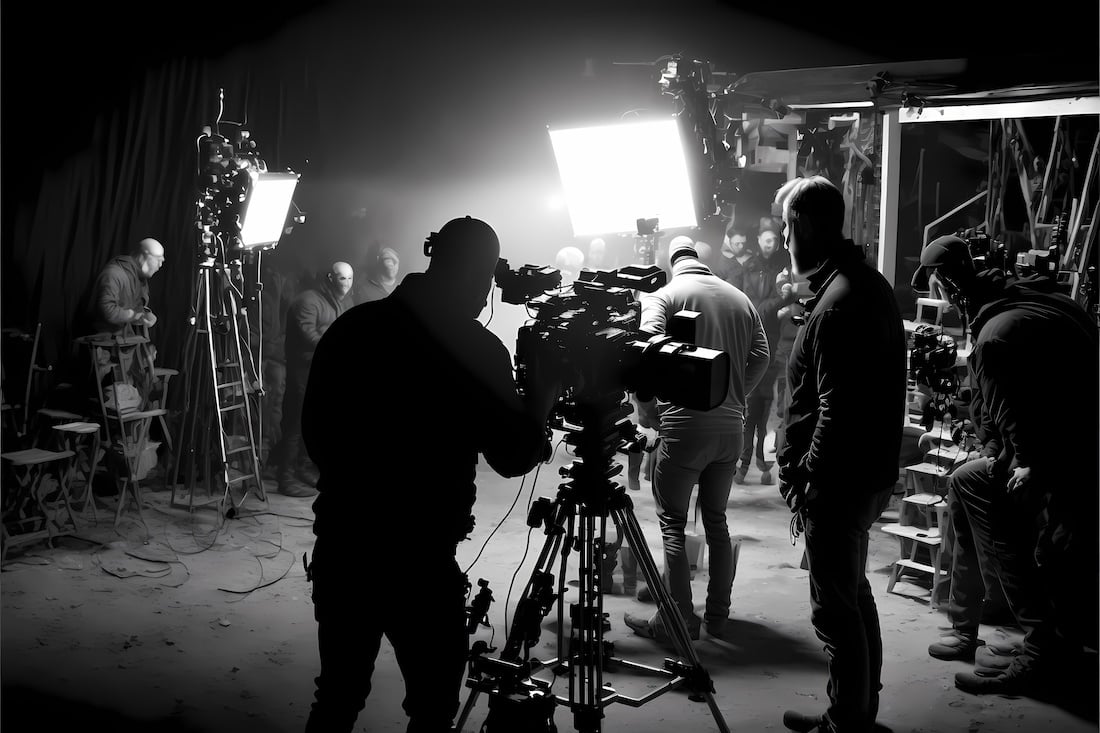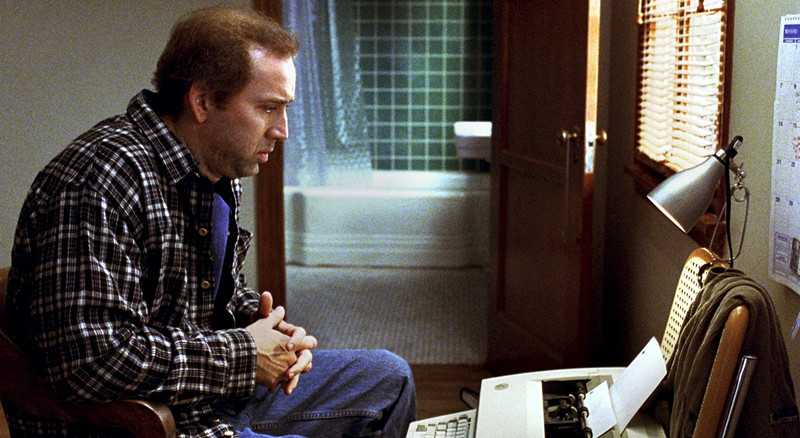What Kind of Writer Are You? Plotters, Pantsers and Plantsers
September 13, 2023
Every writer has their own style when it comes to finding inspiration for a story, plotting out the beginning, middle and end, then sitting down and actually writing it (the hard part!). There are three fun terms used in the writing community to identify each of these styles.
They are: plotters, pantsers and plantsers. Let’s look at what each term means, how each style can benefit your writing and how to know which one is for you.

What is a Plotter?
Plotters are writers who take the time to meticulously plan out their stories before they start writing.
Outlines, character bios, beat sheets, and even Excel spreadsheets (as Golda writer Nicholas Martin told Final Draft in a recent podcast) are employed to build a foundation way before a single line of dialogue is written.
These writers want to create a map for where they are going, what happens at each act break and especially what happens at the climax of their story. The point of working out the story ahead of time is so that the pages flow out of you and you don’t get stuck at any particular point because it’s all mapped out.

Famous plotters include some of the most successful writers in literature and film. Stanley Kubrick created meticulous outlines for his films. His original treatment for The Shining was 68 pages — a Plotter if there ever was one!
What is a Pantser?
The term pantser is short for a writer who writes by the “seat-of-their-pants” or with minimal planning. While the writer usually knows the who/what/where of the story in their mind, they prefer to come at it from a purely creative place and just let the story unfold as they write it. Like actors who perform improv and tell stories without a script, Pantsers rely on instinct, emotion and natural curiosity. Typically, these writers know what their main character wants (their objective) in a story and they follow that want/objective page-by-page, or moment-by-moment – just as they would in real life.
Quentin Tarantino is a famous pantser, telling Filmmaker Magazine, “I don't have an outline or anything like that. I might have a really good idea of what the next few scenes are going to be, and I know a lot of scenes along the way that I need to get to, but I never know the end. I might think I know the end, but usually, it turns out I don't know the end.”
We can also add Game of Thrones author, George RR Martin, to the pantser category, though he doesn’t use that specific word, himself. Instead, he describes writers as either “architects” or “gardeners.” He told The Guardian that while “architects” plan everything ahead of time, he is a “gardener,” or a writer who merely plants the seeds, saying, “[Gardeners] kind of know what seed it is, they know if they planted a fantasy seed or mystery seed or whatever. But as the plant comes up and they water it, they don't know how many branches it's going to have, they find out as it grows. And I'm much more a gardener than an architect.”

What is a Plantser?
Plantsers are writers who combine elements of both plotting out a story and also leaving some of the story to spontaneity and inspiration found while sitting at the keyboard. These types of writers usually have a basic story outline but leave the details to be discovered, adding plot twists and surprises along the way.
Shonda Rhimes, creator of hit TV shows like Grey's Anatomy and Scandal, is known to be a Plantser. While she plans out overarching storylines for her TV shows, in her Masterclass (via Variety), she says that Scandal was an exception. “There was no planning of that show. We sit in that room, we talk about everything, and it is a week-to-week situation,” says Rhimes.
Christopher Nolan, the writer/director known for very complex plots for mind-bending films like Inception and Memento, is also a Plantser. While he doesn’t create outlines, he does use visual guides like hand-drawn diagrams, sticky notes and illustrations to guide him. Though he loves to tell stories in a non-linear way, he claims he writes everything in linear order before moving scenes around.
Read More: Christopher Nolan Wrote the ‘Oppenheimer’ Script in First Person. Here’s Why That’s Awesome

The Benefits of Each Type of Writer
For Plotters, there are a ton of benefits, including knowing every plot point that needs to happen in each act along with the pivotal scenes that make up the act breaks. Plotting out a story in detail can also be helpful if you want to write out of sequence. Once you have your outline, hopefully the scenes will simply flow out.
For Pantsers, the main benefit is that the writing process is an exciting new experience each and every day. With an open heart and open mind, a story can expand and grow just as you do in your daily life. There are no limits to this writing style as it embraces moment-by-moment creative impulses.
Plantsers benefit by getting the best of both worlds. A Plantser can feel confident as they sit down to write, knowing the genre and general storyline, but still leave room for spontaneity, plot twists and surprise endings.

How to Figure Out What Kind of Writer You Are
After reading the descriptions of Plotter, Pantser and Plantser above, you probably instantly related to one style or another. If not, let’s look at it another way. The way you write can be compared to the way you plan a road trip — do you research a destination and punch it into your GPS? Do you make sure you have plenty of gasoline, motor oil, clothes and snacks before you go? If yes, you’re likely a Plotter.
Or, do you think to yourself, “I just have to get away!” then hop in your car and see where the road takes you? Then, you’re likely a Pantser.
If you see the benefits of both styles and base a lot of what you do on your mood, the weather or the influence of others, then you’re most likely a Plantser.
There are as many different writing styles as there are writers, so if you don’t relate to the ones we’ve mentioned here, don’t worry. Screenwriting is really about doing whatever it takes to get to Fade Out. Also, your writing style will likely change over time or even depending on what genre you're writing. So, whatever writing style you prefer, just celebrate the fact that you are a writer and enjoy making strides with your own screenplay in the best way you know how.
Written by: Shanee Edwards
Shanee Edwards is an L.A.-based screenwriter, journalist and novelist who recently won The Next MacGyver television writing competition to create a TV show about a female engineer and was honored to be mentored by actress/producers America Ferrera. Shanee's first novel, Ada Lovelace: The Countess Who Dreamed in Numbers was published by Conrad Press in 2019. Currently, she is working on a biopic of controversial nurse Florence Nightingale. Shanee’s ultimate goal is to tell stories about strong, spirited women whose passion, humor and courage inspire us all.- Topics:
- Screenwriting & Craft

